
Why study PPL at St Hilda's?
Psychology, Philosophy and Linguistics are allied disciplines, which ask and investigate questions about ourselves and how we relate to and interact with the world around us.
St Hilda’s is one of only five Oxford colleges to have Tutorial Fellows in all three subjects, providing you with excellent and continuous support throughout your course. The close attention and tailored support available at St Hilda’s have contributed to the academic achievement and examination success of our students (which includes prizes for best performance in the University). Having all three subjects represented in College also means that you will benefit from being part of an active community of students in Experimental Psychology or across the different joint schools available with Philosophy and Linguistics. Uniquely in Oxford, St Hilda’s is the home of Brain and Mind, a cross- and interdisciplinary workshop held once a term, which features a set of talks by experts, followed by discussion and a dinner where you can meet the speakers in a relaxed and informal atmosphere. When you study PPL at St Hilda’s, you will join a cohort of students from a wide variety of backgrounds and nationalities, of which we are proud and which directly contributes to the culture and intellectual experience in this school.
After St Hilda's
St Hilda’s PPL students have pursued a range of different careers after graduation, from the arts to healthcare and the technology sector. A high proportion of our former students have embarked on postgraduate study in one of their PPL subjects and have been awarded graduate scholarships in prestigious universities across the globe.
- Psychology Reading List
-
Fun (and useful) things to get you into the subject.
All of these can be found on Amazon and most are in Oxford libraries, many of them at St Hildas. You probably won’t have time to read all, but do try to read at least a few!
Non fiction
These are interesting popular accounts, by psychologists, other scientists, and scientific journalists, of psychological topics. They are not necessarily neutral or giving *all* sides of the issues, and recommending these books is not to be taken as a tutors’ endorsement of all points of views expressed. But all are worth reading!
Baron-Cohen, Simon. Zero Degree of Empathy: A New Theory of Human Cruelty. Allen Lane, 2011. A very interesting book about empathy, psychological disorders, and the perennial problem of the human capacity for cruelty – whether you agree with all his conclusions or not.
Fernyhough, Charles. The Baby in the Mirror: A Child’s World from Birth to Three. Granta, 2009. Very interesting and readable book about development in infancy and early childhood.
Fine, Cordelia: Delusions of Gender: The Real Science Behind Sex Differences. Icon, 2010. Discusses and criticizes much of the research on gender differences.
Frith, Chris. Making Up the Mind: How the Brain Creates Our Mental World. Blackwell, 2007. Very interesting book relating neuroscience to cognitive psychology, by one of the top researchers in psychology.
Gladwell, Malcolm: Blink: The Power of Thinking without Thinking. Allen Lane, 2005. About ‘subconscious’ mental processes and intuitions.
Goldacre, Ben: Bad Science, Harper, 2008. Although this is not mainly about psychology, it is a fascinating and fun guide to the evaluation of scientific evidence, especially in medical areas, and how studies are often misrepresented in the media. Makes one of the harder parts of academic reading and essay writing - the critical evaluation of evidence -enjoyable!
Gopnik, Alison. The Philosophical Baby: What Children’s Minds Tell Us About Truth, Love and the Meaning of Life. Bodley Head, 2009. Ignore the dreadful subtitle – this is an excellent, readable and enjoyable book about children’s cognitive development. Particularly recommended to anyone taking the Developmental Psychology paper.
Greenfield, Susan. The Private Life of the Brain. Allen Lane, 2000 The brain, consciousness, emotion, and the effects of drugs on the brain.
Hammond, Claudia. Emotional Roller Coaster. Fourth Estate, 2005. Recent interesting discussion of what we know about our emotions, based on research both in social psychology and neuroscience.
Hays, Natasha. A Toss of the Dice: Stories from a Paediatrician’s Practice. Jessica Kingsley, 2005. A account of a doctor’s experiences with dealing with children with autism, ADHD, Down’s syndrome, and other neurological and cognitive disorders. Includes an account of her own experiences dealing with a seizure disorder.
Hunnisett, Fran. The Little Class With the Big Personality: Experiences of Teaching a Class of Young Children With Autism. Jessica Kingsley, 2005. A very interesting account of teaching a group of young children with autism – although not intended as a research study, this is an excellent introduction to the characteristics and variability of children with autism; and a good antidote to some of the myths and stereotypes.
Nettle, Daniel. Personality: What Makes You the Way You Are. Oxford University Press, 2007. Interesting and readable up-to-date discussion of individual differences in personality, how they affect us, and how they might have evolved.
Pinker, Steven. How the Mind Works. Penguin, 1997. Cognitive psychology made interesting and easy to read!
Pinker, Steven. The Language Instinct. Penguin, 1994.. Very well-written account of the psychology of language, and how it may have evolved. Takes one side (the nativist side) of the issue; but very interesting to anyone with an interest in how language works–and provides useful background for the Language and Cognition course!
Slater, Lauren. Opening Skinner’s Box. Bloomsbury, 2005. An interesting collection of classic psychology experiments from all sorts of areas of the subject that every budding psychologist should know.
Sacks, Oliver. The Man Who Mistook His Wife for a Hat. Picador, 1986. A classic book of short stories about neurological patients, with such conditions as agnosia, aphasia, amnesia, Tourettes etc, and their implications for psychology.
Sacks, Oliver. An Anthropologist on Mars. Pan, 1999. Similar to above but with more input from some of the patients.
Sacks, Oliver. The Mind’s Eye. Picador, 2010. Most recent book by Sacks; more specifically about patients with disorders affecting visual perception; including an account of his own experiences as a patient.
Ramachandran, V.S. and Blakeslee, Sandra. Phantoms in the Brain: Human Nature and the Architecture of the Mind. Fourth Estate, 1999. Interesting account of the brain’s workings under normal and abnormal circumstances, with a number of fascinating case studies of the effects of neurological disorders.
Rose, Steven. The 21st-Century Brain: Explaining, Mending and Manipulating the Mind,Vintage, 2006. Interesting and well-written account of recent developments in brain sciences and their implications for psychology.
Ward, Jamie. The Frog Who Croaked Blue, Routledge, 2008. A readable and interesting account of synaesthesia. Relevant to cognitive psychology and perception in general, and in particular to anyone planning to do the Advanced MAIP course.
Winston, Robert. The Human Mind and How to Make the Most of It. Bantam, 2003. Good readable overall discussion of psychology. Despite the title, it is a somewhat popularly written account of scientific findings, not a self-help manual.
Fiction/ Autobiography relating to psychological disorders
Depression, bipolar disorder and related conditions
Autobiographical accounts
Frame, Janet: An Autobiography. Women’s Press, 1990. By a famous New Zealand novelist, about her breakdown, misdiagnosis of schizophrenia, and years in psychiatric hospitals. The film ‘An Angel at the Table’ was based on this book.
Jamison, Kay: An Unquiet Mind. Picador, 1996. About manic depression (bipolar disorder) from a famous psychiatrist who also has the condition herself.
Sutherland, Stuart. Breakdown: A Personal Crisis and a Medical Dilemma. Pinter& Merton. (First published in 1977; third updated edition published in 2008A classic, by an experimental psychologist describing his own experience of bipolar disorder and its treatment, and discussing the wider context of treatments for psychological disorders.
Wolpert, Lewis. Malignant Sadness: The Anatomy of Depression. Simon and Schuster, 1999. Autobiographical account by a biologist.
Autobiographical novels
Frame, Janet: Faces at the Table. W. H. Allen, 1962. Novel by the author of An Autobiography above.
Plath, Sylvia: The Bell Jar; Heinemann, 1963. Classic novel about depression by the famous poet.
Autism/ Asperger syndrome
Personal and autobiographical accounts
Jackson, Luke: Freaks, Geeks and Asperger Syndrome. Jessica Kingsley, 2002. Personal account by 14-year-old boy with Asperger syndrome.
Williams, Donna: Nobody Nowhere. Corgi, 1993. Autobiography of early life by a woman with a diagnosis of autism.
Williams, Donna: Somebody Somewhere. Jessica Kingsley, 1999. Sequel to the above.
Novel about a teenage boy with Asperger syndrome:
Haddon, Mark. The Curious Incident of the Dog in the Night-Time.
Obsessive-compulsive disorder
Autobiography
Joanne Limburg: The Woman Who Thought Too Much. Atlantic, 2010. Autobiographical account of the author’s experience of the disorder and its treatment.
Psychopathy and personality disorders
Novels
Hustvedt, Siri. What I Loved. Sceptre, 2003
Shriver, Lionel. We Need to Talk about Kevin. Serpent’s Tail, 2006.
- Linguistics, Philology and Phonetics Reading List
-
Click here for the Prelims Reading List from the Department of Linguistics, Philology and Phonetics at the University of Oxford.
Meet our Academics
You can read more about the course academics via their profiles which can be accessed below.
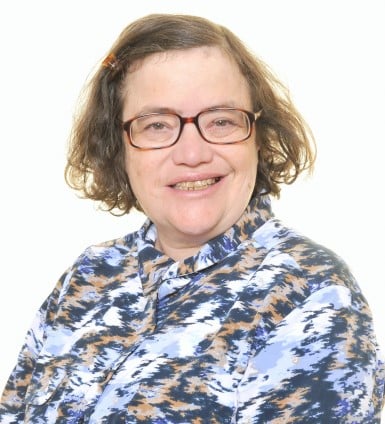
Psychology
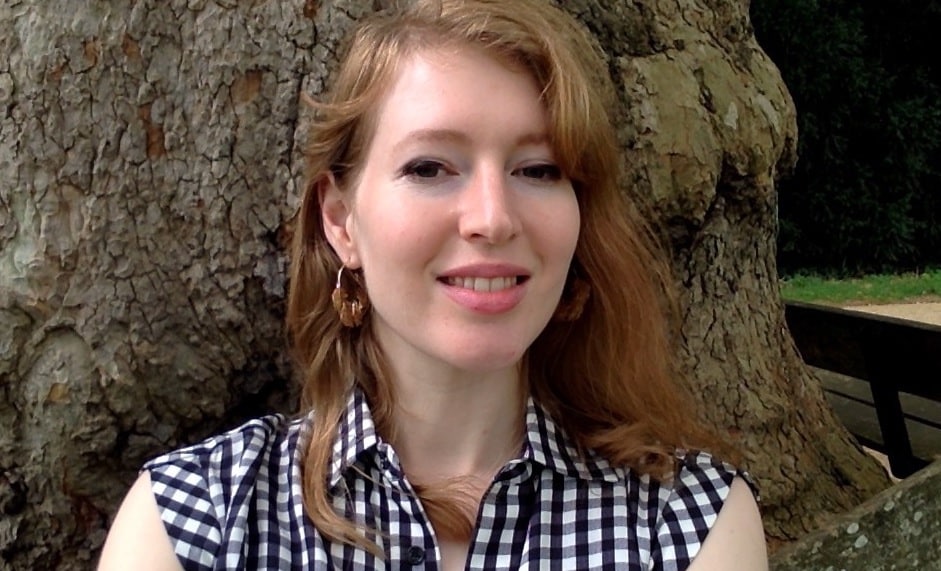
Philosophy
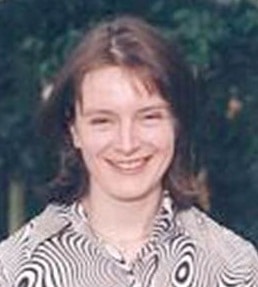
Linguistics
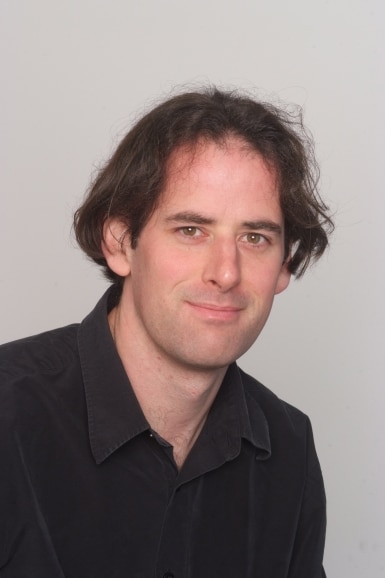
Philosophy
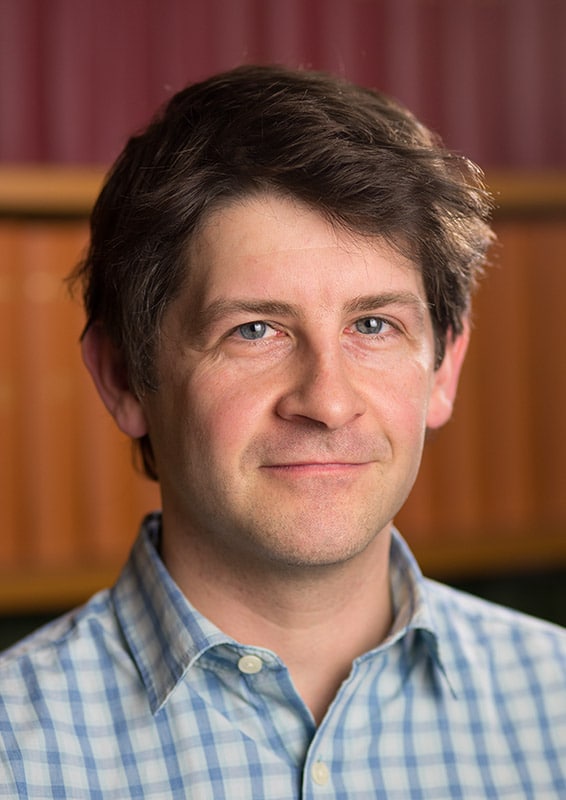
Psychology

Philosophy
